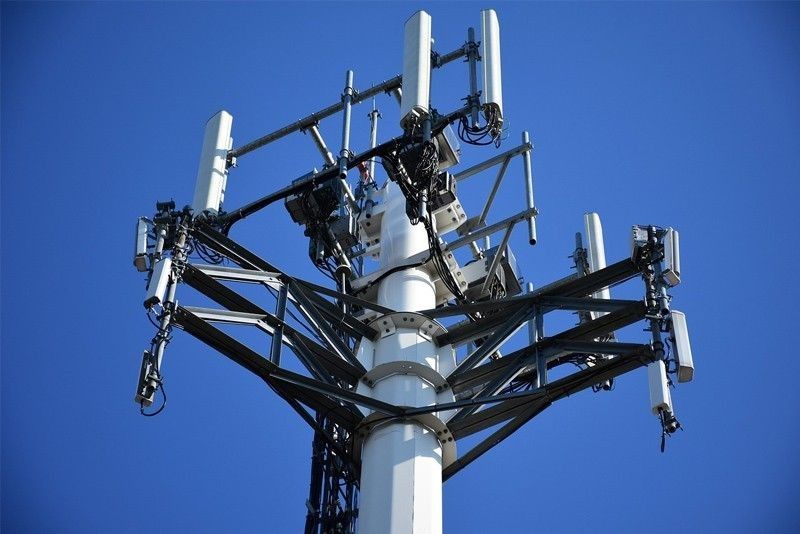Globe to Duterte: Telco investments paying off but red tape remains

MANILA, Philippines — Globe Telecom Inc. on Monday said its multi-billion dollar investments in the past to improve service quality have been paying off, although "challenges" like excessive bureaucracy continue to hamper expansion plans in the telecommunications sector.
The Ayala-led company issued the statement in response to tirades of President Rodrigo Duterte, who threatened to seize the assets of Globe and its main rival, PLDT Inc., if they don't improve service quality "before December" during his penultimate State of the Nation Address.
"We heed the call of the president to improve telco services. Service performance and increased consumer demand for data are the key reasons why we have been investing billions of dollars to upgrade and improve our network," Globe said.
"These substantial investments are paying off as we experience marked service improvements," it added, citing the network's recent efforts to boost internet connectivity, including firing up Southeast Asian's first 5G broadband service.
Duterte has made no secret of his disdain toward Globe and PLDT. In 2016, he threatened the duopoly with competition from China if their services do not improve amid his plan at that time to create a public hotline to report corrupt government workers.
The leader made good on his warning in 2017 and offered China the “privilege” to be the Philippines' third telecoms operator. In 2018, an accelerated bidding for a new challenger in the telco space took place where China Telecom Corp.-backed Dito Telecommunity emerged as the winner.
Dito Telecommunity has recently delayed its technical launch scheduled for July by six months due to business disruptions from lockdowns. Dito is led by Davao-based tycoon Dennis Uy, who helped fund Duterte's presidential campaign in 2016.
In the same statement on Monday, Globe sought to defend its investments anew, saying the sector had been dealing with too much government red-tape that slows down network upgrades. For one, Globe said "long drawn permitting process" across local government units has hampered the construction of capital-heavy telco facilities.
That said, Globe hopes that the new common tower policy, a program meant to increase the number of cellular sites in the archipelago to catch up with rising demand for network services, will fast-track the construction of much-needed telco infrastructure.
"Globally, we are being cited for having improved internet experience," the company said. "Although we have seen marked improvements, the industry is not without its challenges."
- Latest
- Trending

























